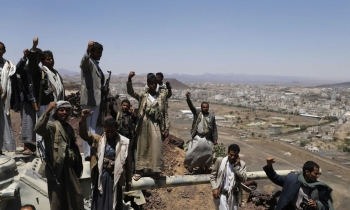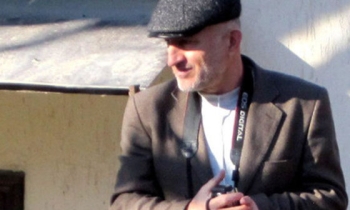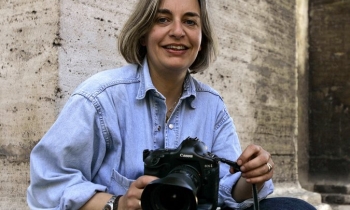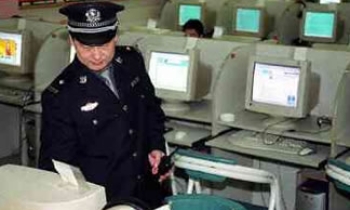Shillong, Sept 2 (IANS) People with HIV/AIDS in India's northeast blame an insensitive media for the society stigmatizing the problem that has assumed epidemic proportions.
'I have come across journalists refusing to shake hands, sat a few meters away from me, and didn't even look at my eyes during interview sessions. I always thought journalists would help in breaking the stigma,' Vanlalmuana, president of the Positive Network of Mizoram (PNM), told IANS.
Vanlalmuana, a young man living with HIV for six years, was not the only one who felt journalists were insensitive and ignorant about HIV/AIDS.
'Many a times we were interviewed by journalists and the next day we were written as AIDS patient. Probably many journalists don't even know the difference between HIV and AIDS,' said Ratan Singh, an HIV-positive person from Manipur and the all-India Chairman of Greater Involvement of People Living with HIV/AIDS.
Tales of insensitive journalism were shared by a group of HIV-positive people from across the northeast who came to attend a workshop here in Shillong organized to create awareness - raising and advocacy through print, radio and television.
'If the journalists are insensitive to the problem, then how do we expect to remove prejudices from the society about HIV/AIDS?' asked a young girl living with the virus from Nagaland.
Citing an example, another HIV-positive person attending the workshop referred to a four-year-old boy in Assam who was dismissed from school this year after guardians threatened to withdraw their wards from the institution as the child was living with the virus.
The kid was admitted to a private school in eastern Assam and was at his bubbliest best when a newspaper and a television channel 'scooped' the story of the family - both parents are also HIV-positive.
Haunted by social stigma, the family was forced to shift to Assam's main city of Guwahati.
'We are ashamed to find the media so insensitive and irresponsible. It is not only unethical but libel to have directly or indirectly identified the family for which they are suffering today,' a woman living with the virus from Manipur said.
Government agencies working in the field of HIV/AIDS claim the level of awareness have increased and they hold regular campaigns to sensitize the media and other segments of the society to remove discrimination.
But facts belie ground realities.
'Even today I am described as AIDS patient by many leading regional and national newspapers,' said Jahnabi Goswami, a 30-year-old HIV-positive woman in Assam.
Goswami, the first person in India's northeast to have publicly declared her HIV-positive status in 2001, said landlords in Guwahati evicted her at least a dozen times the moment they come to know she was living with virus.
The northeast has been declared one of India's high-risk zones with authorities fearing the epidemic may further spread because of the region's acute drug problem.
'Stigma does not really help in fighting the disease and the need is to be aware and sensitive to the problem and in the media has a major role to play,' said Sawmtea, president of the Mizoram People Living with HIV/AIDS Society.









